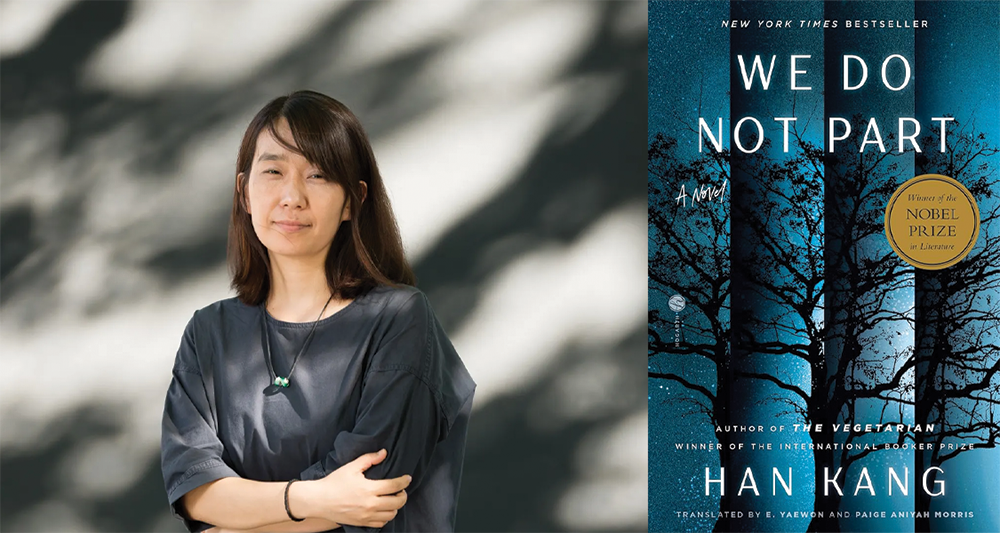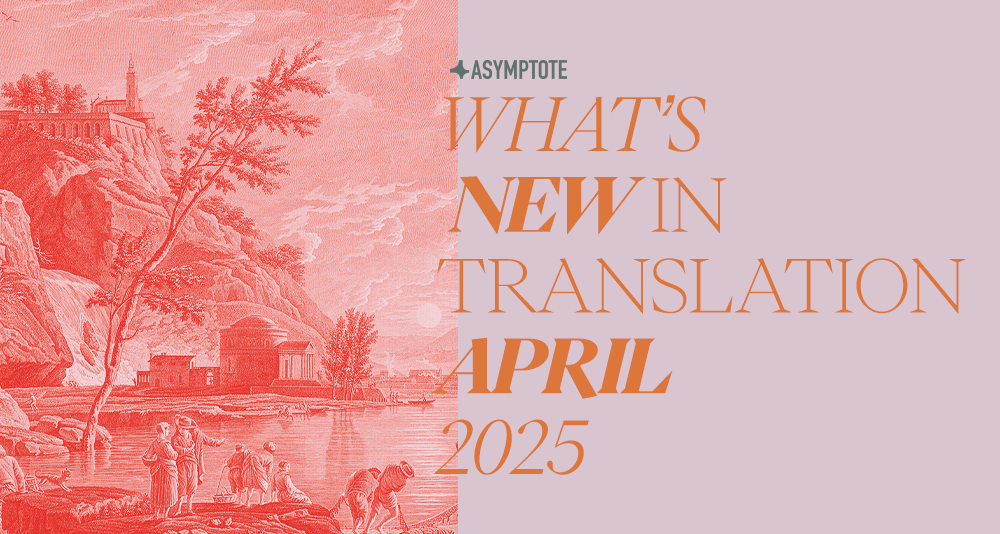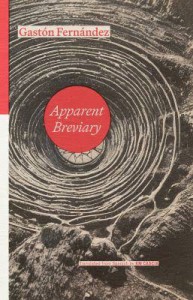We Do Not Part by Han Kang, translated from the Korean by e. yaewon and Paige Aniyah Morris, Hogarth, 2025
Han Kang’s latest novel, We Do Not Part, translated from the Korean by e. yaewon and Paige Aniyah Morris, opens with a dream: Kyungha, a writer, sees thousands of black tree trunks of various heights protruding from the earth along a hill in front of her. As she walks closer, she wonders if they are gravestones. She thinks they look like thousands of men, women, and children huddling in the sparse snow coming down. Suddenly, she is wading through a body of water that gets deeper before she realizes she is at the shore and the sea is crashing in.
“When had everything begun to fall apart?” Kyungha asks herself. She thinks back to the two years before her book on the massacre in “G—” was published, when the nightmares began. Trying to shield her family–her daughter especially—from the worst of what had overwhelmed her inner world, she began to work on the book in an office 15 minutes away from her home. She tried to draw hard lines, to compartmentalize, to keep work and home as separate as possible. But sleep became impossible—days bled into nights, and nights bled into horrifying and disorienting nightmares. She hoped they might cease when the book was published, but we know now, in retrospect, that that did not happen. She is baffled by her early naivete: “having decided to write about mass killings and torture, how could I have so naively–brazenly–hoped to soon shirk off the agony of it, to so easily be bereft of its traces?”
Those violent traces have haunted her since, the dream recurring on and off in the four years since she began researching for the book. We learn that she and her friend Inseon, a documentary filmmaker and amateur woodworker, have agreed to work on a film recreating the dream. For a few years, they call each other to discuss the project, but never actually begin. Kyungha eventually tells Inseon she wants to abandon the project. They contact each other less and less frequently as time passes, and Inseon gets more and more preoccupied with the failing health and eventual death of her mother, a survivor of the midcentury massacre in Jeju. Kyungha is likewise miserable and alone. For years now, she has been dealing with episodes of debilitating migraines and abdominal pains, and has lost her job, her family, and almost all of her friends. She starts drafting her will but can’t think of one person to whom she can send it. She is barely nursing the will to live when she is roused—by a feeling of responsibility towards the person who will inevitably take up the work of executing her will after she dies—to resume living, at least long enough to get her affairs in order. “That is how death avoided me,” she tells the reader. READ MORE…







